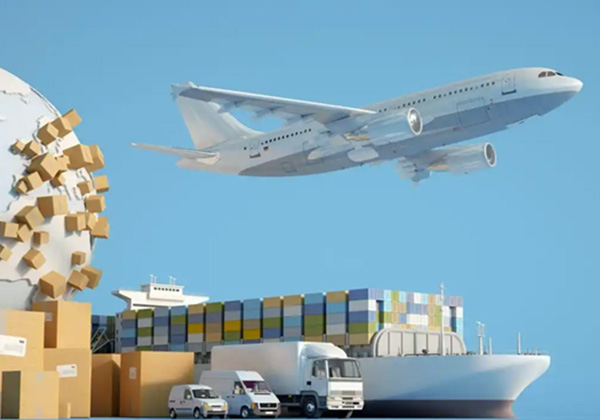halal是什么认证机构简称
halal是什么认证机构简称

In the realm of global commerce, the concept of "halal" has become an indispensable part of the market. It stands for "Halal," a term that refers to products and services that comply with Islamic dietary laws. As a certification, halal is not just about food; it encompasses a wide range of products, from cosmetics to pharmaceuticals, all of which are designed to be compliant with the strictures of Islam. In this article, we delve into the world of halal certification and its significance in the global marketplace.
What is Halal?
The term "halal" originated in the Islamic world, where it refers to products that are deemed fit for consumption by Muslims. These products must adhere to certain principles, such as avoiding pork, alcohol, and intoxicants, among others. Today, halal certification is recognized worldwide, and companies that produce or import halal-compliant products must undergo rigorous testing and inspection processes to ensure their products meet the standards set by Islamic law.
The Importance of Halal Certification
The demand for halal products has grown significantly in recent years, driven by factors such as growing awareness of religious diversity, increased globalization, and changing consumer preferences. Halal certification ensures that consumers can trust the products they purchase, knowing that they are free from harmful substances and do not violate any religious beliefs. This certification also plays a crucial role in promoting cultural exchange and understanding between different communities around the world.
How Halal Certification Works
To obtain halal certification, companies must follow a rigorous process that includes compliance with various regulations and guidelines. This may involve conducting tests on raw materials, manufacturing processes, packaging, and labeling. Companies must also demonstrate a commitment to ethical sourcing practices and transparency in their supply chain. Once a company passes these tests, it can obtain a halal certification from a recognized halal certification agency.
The Global Marketplace of Halal
The global market for halal products is vast, with countries like the United States, Europe, and Asia leading the way in demand. Countries like the United States, Canada, and Australia have seen a significant increase in the number of halal-certified products available on their shelves. In Europe, there is a growing trend towards halal-friendly restaurants and cafes, while in Asia, halal-labeled products are becoming increasingly popular among consumers.
Challenges and Opportunities
While the demand for halal products is growing, there are still challenges that need to be addressed. One major challenge is ensuring that halal certification is consistent across different countries and regions. Another challenge is the lack of standardization in the production and distribution of halal products, which can lead to confusion among consumers. However, these challenges present opportunities for innovation and growth in the halal industry. Companies that prioritize ethical sourcing, transparency, and quality can thrive in this market and build strong relationships with customers who value these values.
Conclusion
In conclusion, halal certification is more than just a simple label; it represents a commitment to ethical sourcing, transparency, and cultural diversity. As the global marketplace continues to evolve, the importance of halal certification will only continue to grow. By working together, we can create a more inclusive and sustainable future for the halal industry and the people who rely on it.
本网站文章未经允许禁止转载,合作/权益/投稿 请联系平台管理员 Email:epebiz@outlook.com













